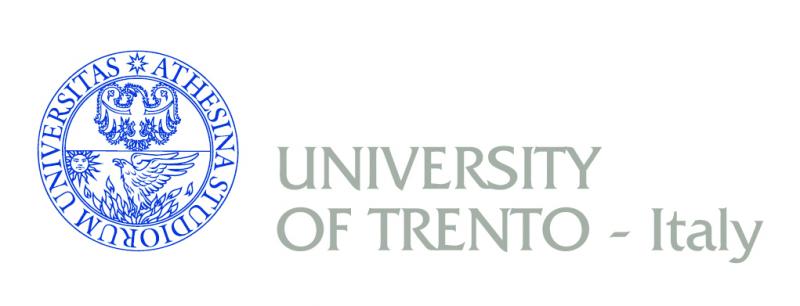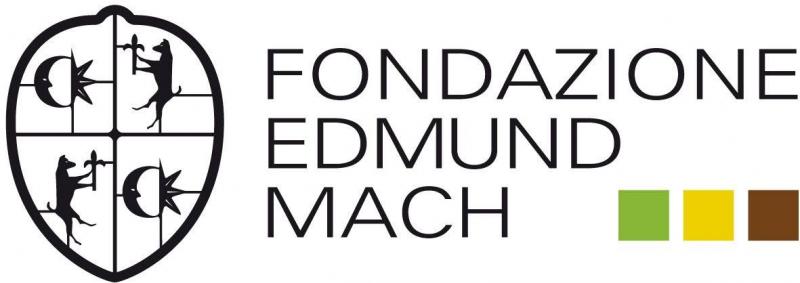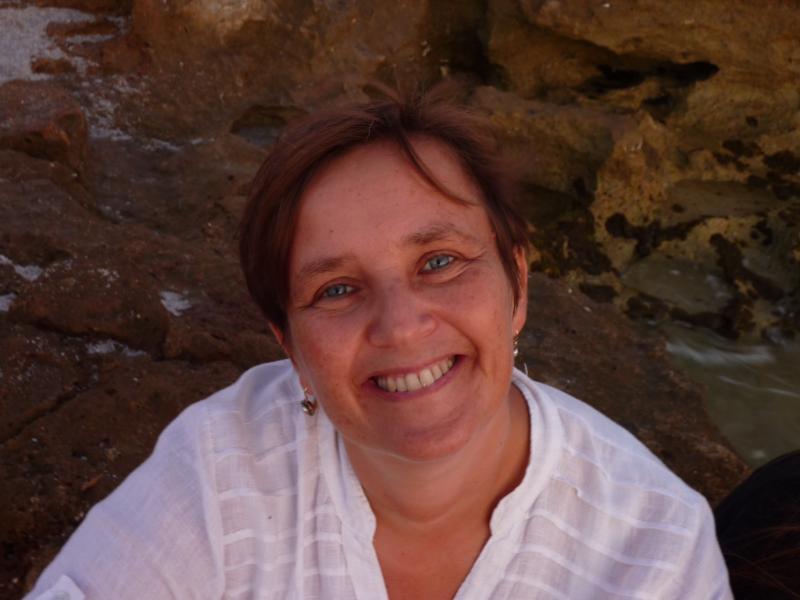 Alessandra della Torre
Alessandra della Torre
She graduated in Biological Sciences and got the PhD in Microbiology and Virology in University of Rome SAPIENZA, where she leads the Medical and Molecular Entomology group since 2000 and is Associate Professor
in Parasitology in the Department of Public Health & Infectious Diseases since 2013.
Dr. della Torre research is mostly focused on mosquito vectors of human and zoonotic pathogens in Europe and in Sub-Saharan Africa. She had a primary role in highlighting intra-specific genetic sub-structuring within the major malaria vector species of the Afrotropical Anopheles gambiae complex and in recognizing the existence of a new member of the complex, now recognized as a new species, A. coluzzii. She contributed to the “A. gambiae genome” project which led to the sequencing of the first insect genome after that of Drosophila and is now member of the working group providing advices and directions to the “A. gambiae 1.000 genome” which aims to provide to the scientific community a very powerful tool for describing A. gambiae and A. coluzzii population structure and history and for conducting genome-wide association studies of vector traits relevant for local malaria epidemiology. With reference to European mosquito species, she focused mostly on the tiger mosquito Aedes albopictus, studying the ecology and behaviour of this invasive species in regions stably colonized and developing and testing new tools for its surveillance, monitoring and control and for understanding the major ecological determinants of its distribution in European urban areas.
 Peter Hudson
Peter Hudson
holds a PhD in “Ornithology” from University of Oxford, United Kingdom. He currently is Willaman Professor of Biology and Director of the Huck Institutes of the Life Sciences, at Penn State University
(USA).
He explores the ecology and evolution of infectious disease in free-living animal populations by undertaking manipulative field experiments on parasite infection and applying theory to the dynamics of interaction between parasites and their wildlife hosts. Previous experiments have revealed the parasite-induced processes that drive red grouse population cycles, the only successful experimental test of the theory of host-natural enemy cycles. Other experiments revealed the role of non-viraemic reservoir hosts, the role of males in transmission and infection persistence and that parasite mediated competition can lead to localized extinction of one species. Subsequently, he examined how parasites interact with host behavior, physiology, climate, and community level effects such as predation and competition, to shape host population dynamics and persistence. More recently, he has been examining the processes of disease invasion and how new infections invade naïve hosts such as invasion of infections into released wolves, bighorn sheep and desert tortoises. He is currently heavily involved with building research capacity in Africa and the newly formed Nelson Mandela African Institution of Science & Technology in Arusha, Tanzania.
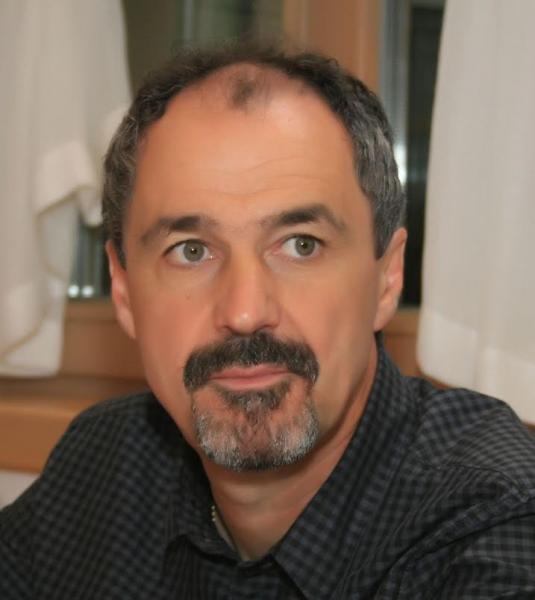 Claudio Ioriatti
Claudio Ioriatti
holds a PhD in “Protection and Quality of Agro-Food Production” at the Molise University, a master in phytopathology at the Bologna University and a degree in Agricultural Sciences at Padova University.
He currently chairs the Agrofood Chain Department at the Technology Transfer Center of the Fondazione Edmund Mach (Trento, Italy) and he is supervising the advisory service operating in the fruit and grape production systems in the Trento province.
Expert in the IPM of apple and grape, his research, past and present, concerns the development of new strategies for the integrated fruit and grape production, biological control of pests, implementation of mating disruption technique and other semiochemicals based tools. Since the first report of SWD in the region, he has been coordinating the internal research and experimental program on this new invasive pest.
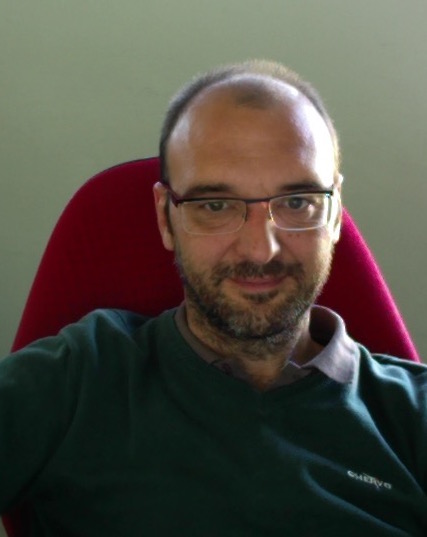 Stefano Merler
Stefano Merler
joined Bruno Kessler Foundation in 1999 and now holds a permanent position as Senior Researcher. Before that he was a researcher at the Centre of Alpine Ecology (1995-1999).
He is co-author of about 100 scientific publications and leads the DPCS research unit at FBK since 2007, contributing to research in mathematical and computational modelling of infectious diseases transmission, epidemiology and population ecology, with applications to the development the large scale simulation of emerging infectious diseases, the evaluation of mitigation/containment policies, the study of the effects of population heterogeneity and human mobility on the spread of infectious diseases, the study of the impact of demographic changes on the epidemiology of infectious diseases, the study of the effects of risk perception, vaccination choices and spontaneous behavioural changes, the analysis of contact patterns relevant to epidemic transmission, the study of host-pathogen immunological interaction and coinfection processes, the study of host-vector diseases.
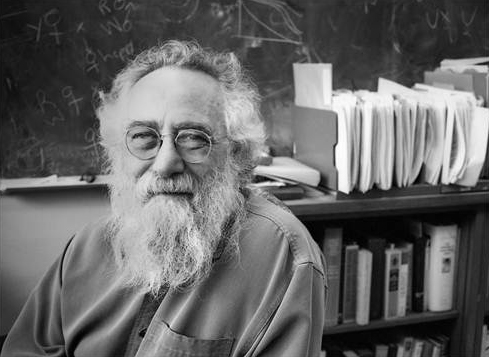 Michael Turelli
Michael Turelli
obtained his
Ph.D. in Biomathematics from the University of Washington.
In early 1977, Turelli joined the Department of Genetics at the University of California, Davis, where he is now Distinguished Professor of Genetics in the Department of Evolution and Ecology.
Turelli has
worked on a wide range of evolutionary theory, focusing on the maintenance of genetic variation, quantitative genetics, niche conservation, and the origin of species. With Nick Barton, he developed multilocus
theory to understand polygenic selection response, the maintenance of variation, and the consequences of epistasis. With H. Allen Orr, he developed models describing the epistatic incompatibilities (Dobzhansky-Muller
incompatibilities, DMIs) underlying intrinsic inviability and sterility of interspecific hybrids.
In 1984, Turelli and Ary Hoffmann began studying the population biology of Wolbachia-induced cytoplasmic
incompatibility in natural populations of Drosophila simulans. For over 30 years, they have documented–and used mathematical models to understand–both frequency dynamics and evolutionary change of
natural Wolbachia infections. They currently participate in an international collaboration, “Eliminate Dengue”, led by Scott O’Neill and funded by the Gates Foundation to control the spread
of dengue by introducing virus-suppressing Wolbachia into urban populations of Aedes aegypti. The Turelli and Hoffmann labs are working to elucidate patterns of Wolbachia-host coevolution by describing the effects
and modes of acquisition of Wolbachia infections in a several Drosophila clades.
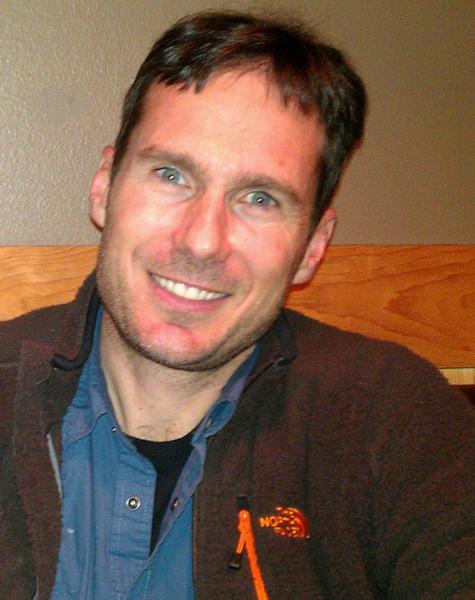 Vaughn Walton
Vaughn Walton
holds a PhD in “Entomology” from University of Stellenbosch, South Africa. He currently is Associate Professor in “Horticultural Entomologist” at Department of Horticulture, Oregon
Wine Research Institute, in Corvallis, Oregon (USA).
He works on economically important pests, with the aim to provide environmentally sustainable and minimal impact pest management strategies. Multiple techniques are used in a whole-system approach to obtain sustainable means of production.
In order to obtain this goal, new knowledge obtained from detailed insect physiological, biological, behavioral, ecological and environmental studies are needed. This knowledge is then used to apply treatments timed to occur during periods when pests are at their most vulnerable. These control strategies have historically focused on biological control, mating disruption and conventional synthetic pesticides.
